Point, Click, Capture: Finding the Perfect Camera for Beginners
Different Types of Cameras for Beginners
I am a participant in the Amazon Services LLC Associates Program, an affiliate advertising program designed to provide a means for me to earn fees by linking to Amazon.com and related sites. This post may contain affiliate links, which means I may receive a commission, at no cost to you, for purchases made using my links. Please see my disclosure to learn more.
Choosing the right camera for beginners can be somewhat overwhelming. I still remember how scared I felt when I had to choose my first camera.
What if I chose the wrong one and never managed to take a decent photo? Ever…? Believe me, as a passionate photographer, I understand the excitement and eagerness to capture beautiful moments.
With so many options available in the market, it’s essential to consider the various camera types and choose a camera that suit your needs and level of expertise.
So, in this camera guide for beginners, we’ll talk about the different types of cameras for beginners. I’ll also provide helpful camera tips for beginners, to assist you in making an informed decision.
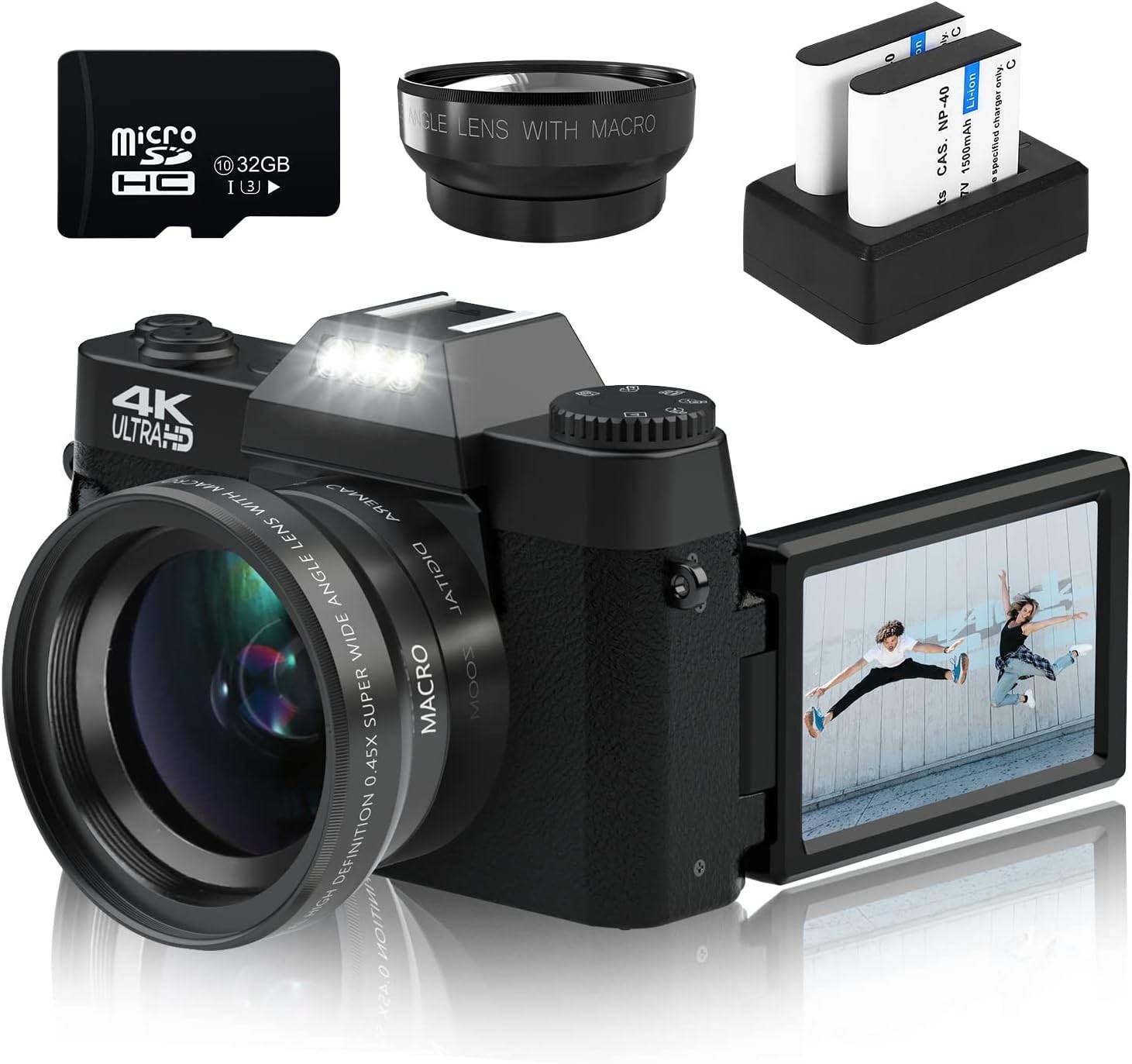
4K 48MP Vlogging Camera
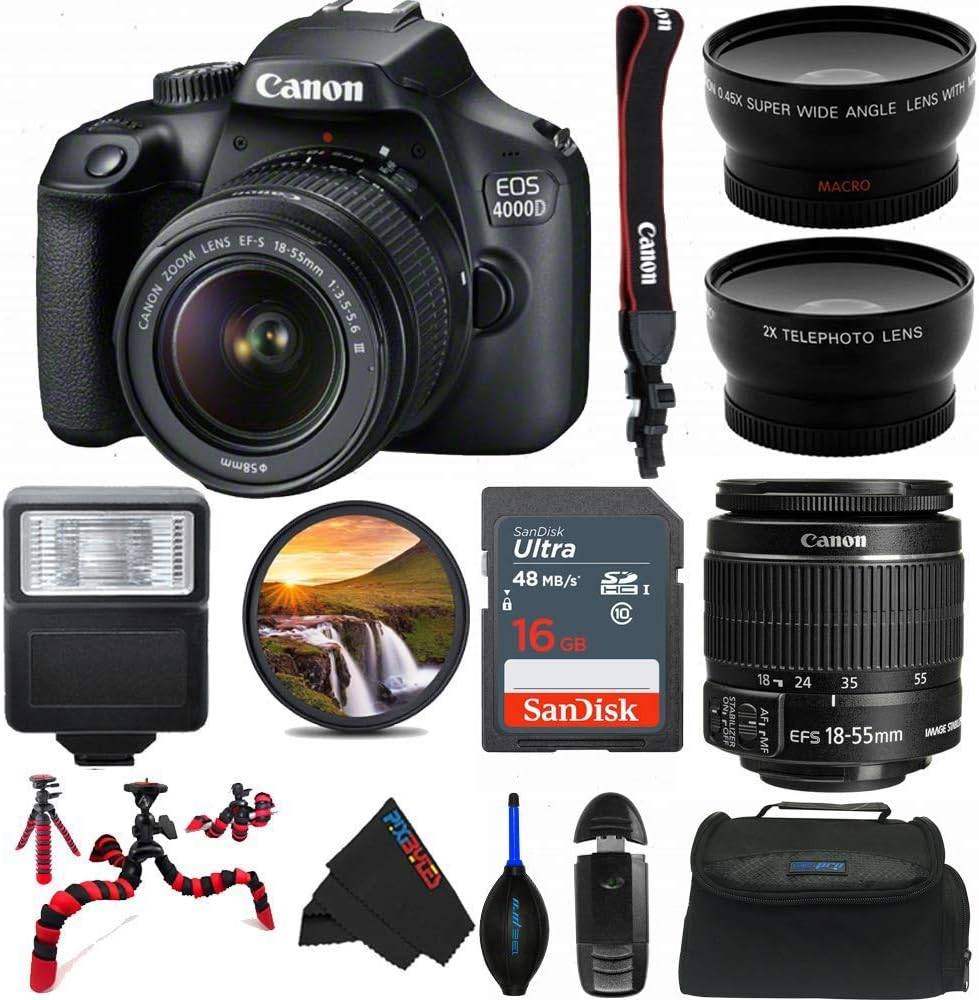
EOS 4000D DSLR Camera
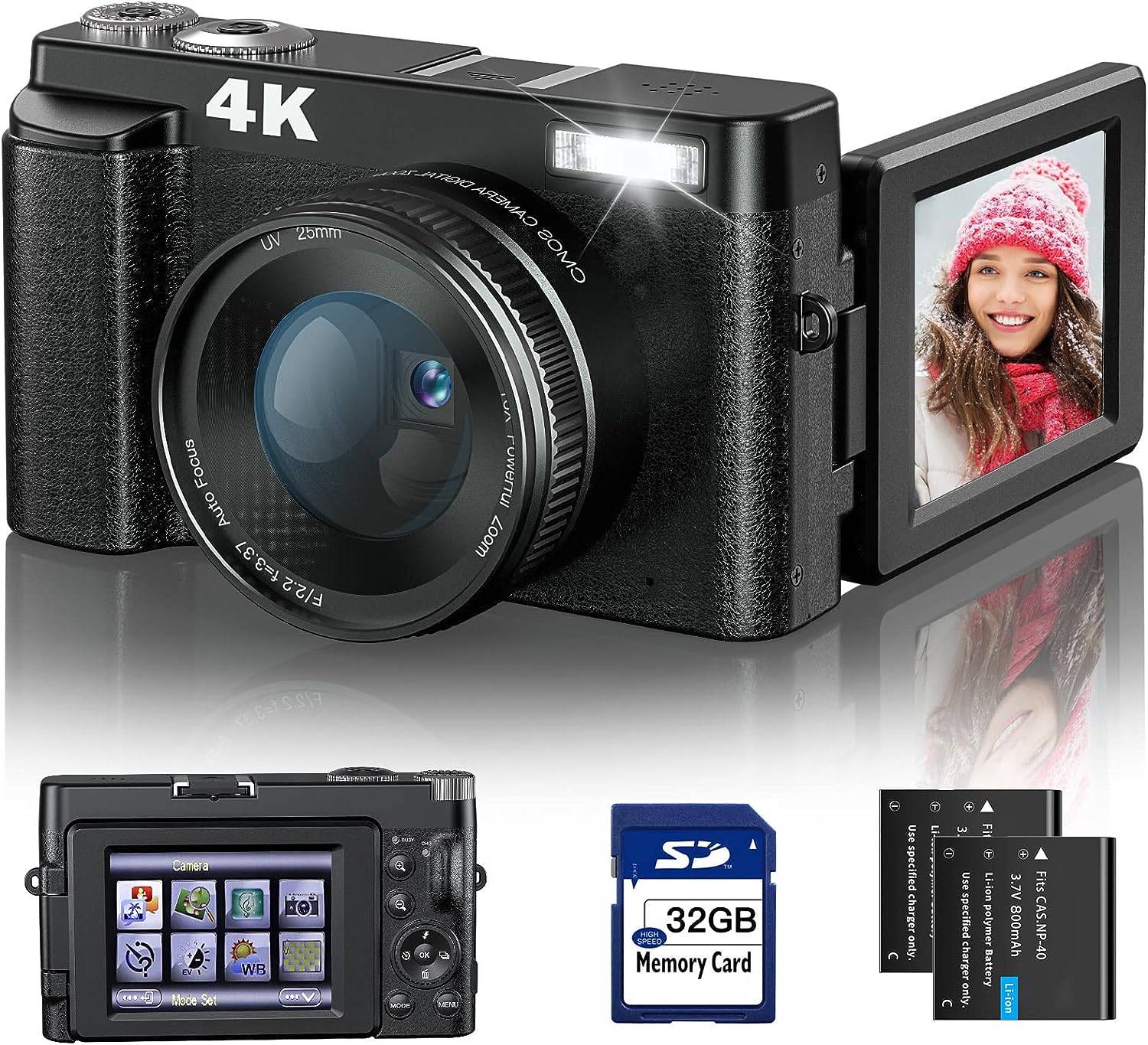
4K Digital Camera for Photography
Finding the Perfect Camera for Beginners
Before diving into specific camera types, it’s important to understand the basics. Cameras come in different shapes, sizes, and functionalities, catering to various photography styles and skill levels.
By familiarizing yourself with the options available, you can find a camera that fits your preferences and budget.
Understanding Camera Types
Compact Cameras
Compact cameras, also known as point-and-shoot cameras, are popular cameras for beginners due to their simplicity and portability. These cameras offer automatic settings, making them user-friendly for those who are just starting out.
Compact cameras are great for everyday photography and casual shooting situations. They are generally more affordable and convenient to carry around, making them an excellent choice for travel or social events.
Mirrorless Cameras
Mirrorless cameras have gained significant popularity in recent years. They are known for their compact size and versatility.
Unlike traditional DSLR cameras, mirrorless cameras do not have an optical viewfinder and use an electronic viewfinder or the rear LCD screen for composing images.
They offer interchangeable lenses and advanced features, making them suitable for beginners who want more control over their photography.
DSLR Cameras
DSLR (Digital Single-Lens Reflex) cameras have long been the go-to choice for professional photographers. However, they are also suitable cameras for beginners looking to explore the world of photography seriously.
DSLR cameras offer a wide range of lenses, manual settings, and excellent image quality. While they may be bulkier and more complex than other camera types, they provide a solid foundation for learning photography principles and techniques.
Considerations When Choosing a Camera for Beginners
When selecting a camera, there are a few essential factors to consider:
Budget
Establishing a budget is crucial when choosing a camera. Determine how much you are willing to invest in your new hobby.
Remember that photography is a journey, and it’s not necessary to buy the most expensive equipment right away. Many entry-level cameras offer excellent features at affordable prices.
Ease of Use
For beginners, ease of use is vital. Look for cameras with user-friendly interfaces, intuitive controls, and automatic shooting modes. Having these features will allow you to focus on capturing great shots without being overwhelmed by technical settings.
Portability
Consider the camera’s portability, especially if you plan to take it on trips or adventures. Compact cameras and mirrorless cameras are generally lighter and more travel-friendly compared to bulkier DSLR cameras.
Choose a camera that suits your lifestyle and preferences.
Recommended Cameras for Beginners
Based on your preferences and requirements, here are some recommended camera options for beginners:
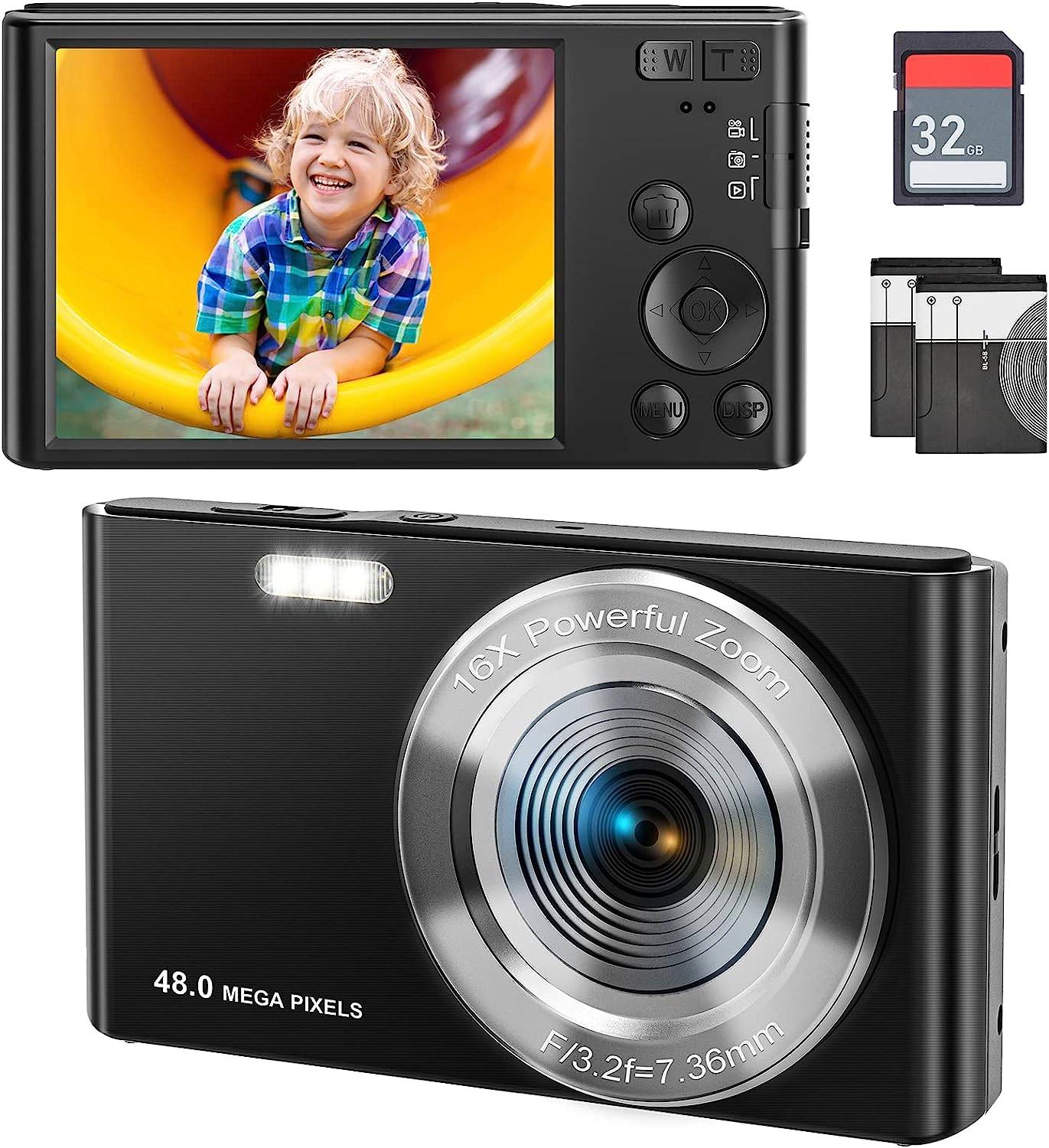
Compact Point and Shoot Camera
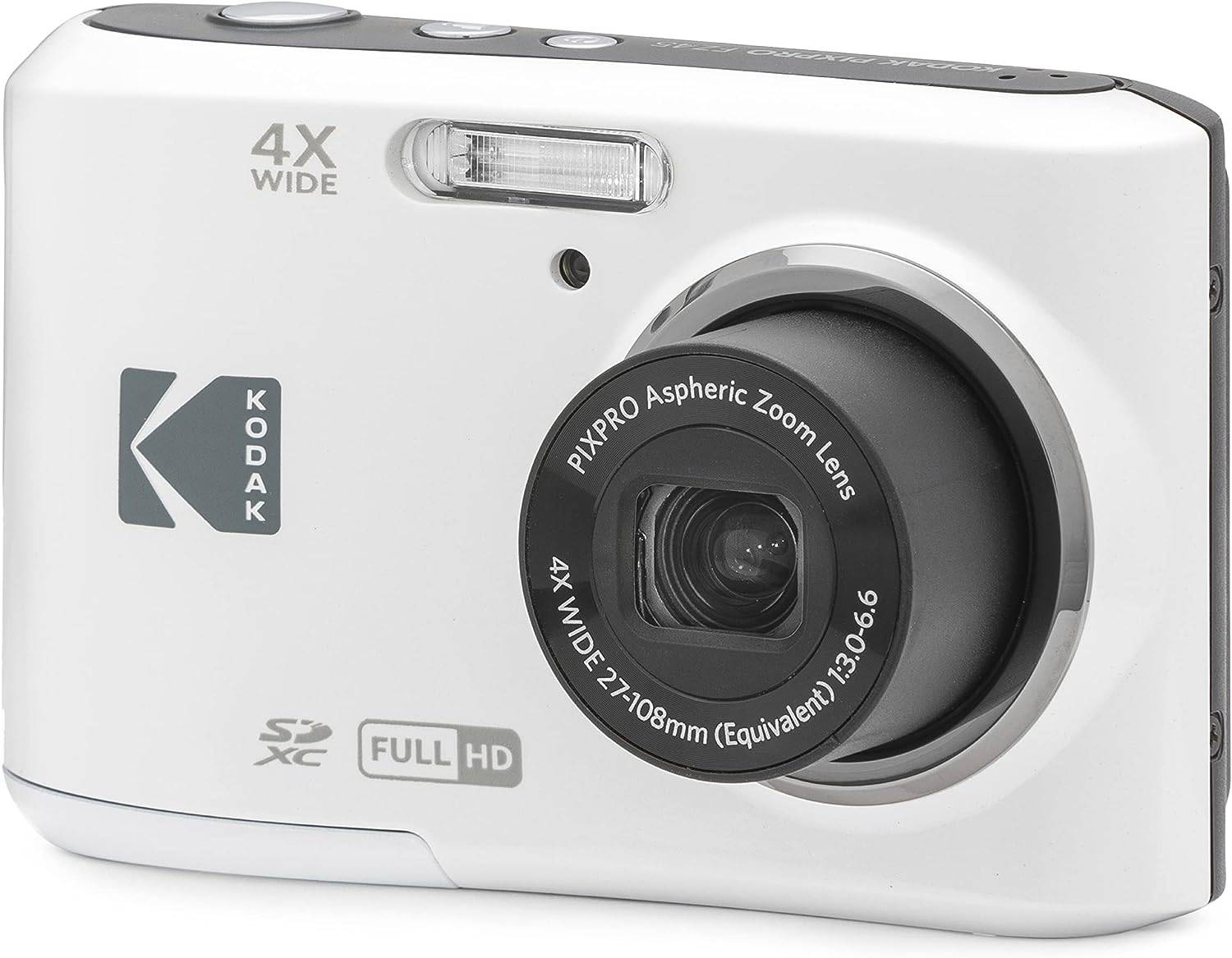
KODAK PIXPRO Digital Camera
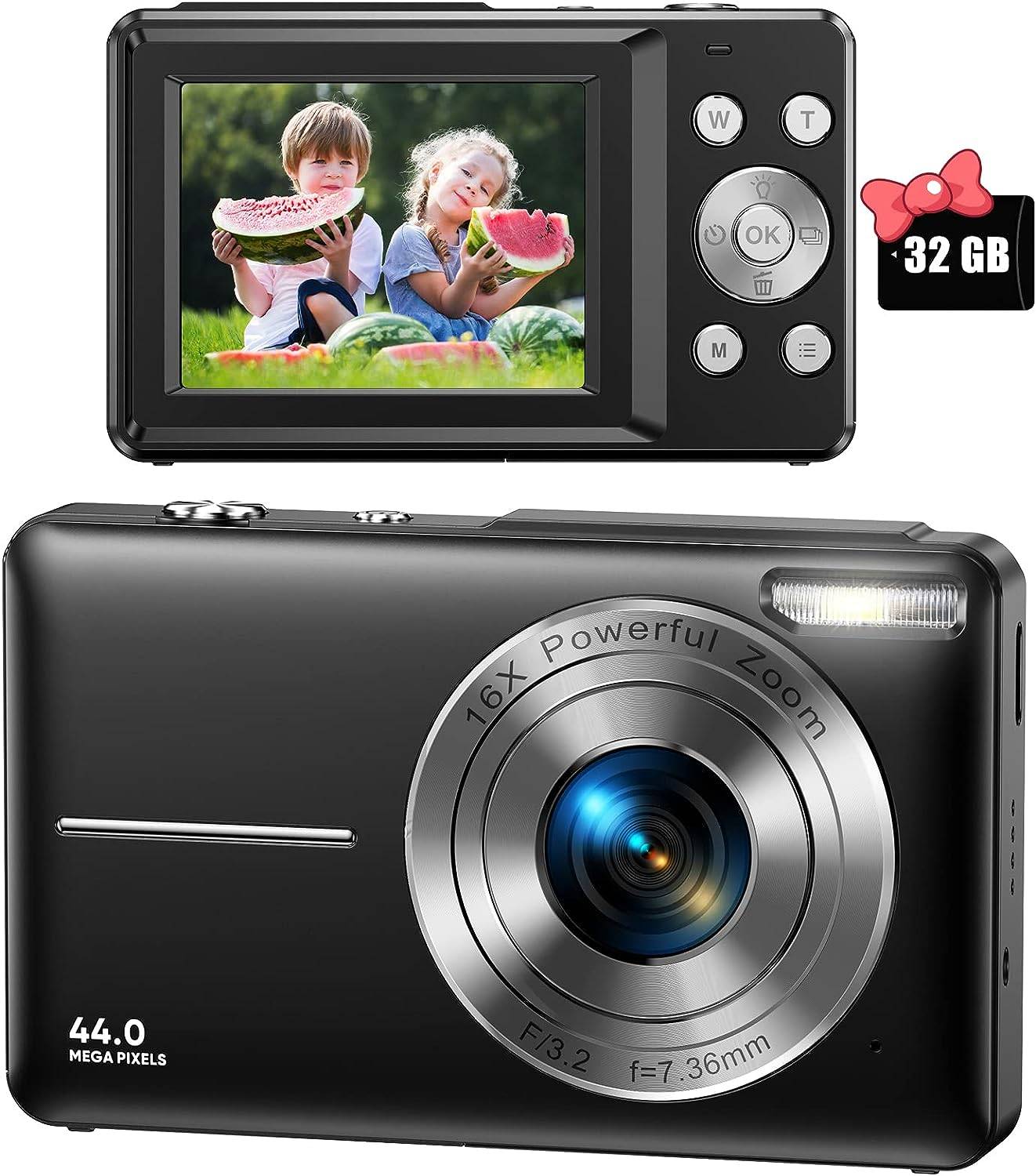
FHD 1080P Digital Camera
Compact Cameras
- Point-and-Shoot Cameras: These compact cameras are perfect for beginners who want a simple and affordable option. They offer automatic settings and are ideal for casual photography.
- Advanced Compact Cameras: If you desire more advanced features while still maintaining portability, consider advanced compact cameras. They offer manual controls and better image quality than point-and-shoot cameras.
Mirrorless Cameras
- Entry-Level Mirrorless: Entry-level mirrorless cameras are suitable for beginners who want more control over their photography without the bulk of DSLR cameras. They offer interchangeable lenses, excellent image quality, and compact designs.
- Advanced Mirrorless: Advanced mirrorless cameras provide professional-grade features and image quality. They are suitable for enthusiasts who want to take their photography to the next level.
DSLR Cameras
- Entry-Level DSLR: Entry-level DSLR cameras are perfect for beginners who are serious about learning photography. They offer manual controls, interchangeable lenses, and great image quality.
- Mid-Range DSLR: Mid-range DSLR cameras provide more advanced features and better build quality. They are suitable for enthusiasts who want to delve deeper into photography.
- Professional DSLR: Professional DSLR cameras are top-of-the-line options with advanced features and exceptional image quality. They are ideal for those pursuing photography as a profession.
Additional Accessories
Apart from the camera itself, there are a few essential accessories you should consider:
Lenses
Investing in additional lenses expands your creative possibilities. Start with a versatile lens suitable for everyday photography, such as a standard zoom lens. As you progress, you can explore specialized lenses for specific genres like portrait, landscape, or macrophotography.
Tripods
A tripod provides stability and helps you capture sharp images, especially in low-light situations or when shooting long exposures. Look for lightweight and sturdy tripods that are easy to carry and set up.
Memory Cards
Don’t forget to purchase high-quality memory cards with sufficient storage capacity. Having multiple cards ensures you can continue shooting without running out of space.
Final Thoughts on Cameras for Beginners
Choosing the right camera as a beginner is crucial for embarking on your photography journey.
By understanding the different types of cameras available, considering your budget, ease of use, and portability, you can make an informed decision.
Whether you opt for a compact camera, mirrorless camera, or DSLR, remember that practice and exploration are key to improving your skills and capturing stunning images.
FAQs
Q1: Are DSLR cameras better than a mirrorless camera for beginners? A: Both DSLR and mirrorless cameras have their own advantages. DSLRs provide a traditional shooting experience and a wide range of lenses, while mirrorless cameras offer compactness and advanced features. It ultimately depends on your preferences and shooting style.
Q2: Can I use my smartphone as a beginner camera? A: Yes, smartphones have advanced significantly in terms of camera capabilities. They are a convenient option for casual photography and learning the basics. However, dedicated cameras offer more control and better image quality.
Q3: How much should I spend on my first camera? A: The amount you spend on your first camera depends on your budget and commitment to photography. Entry-level cameras can range from a couple of hundred dollars to over a thousand. Consider your needs and allocate a budget accordingly.
Q4: Should I prioritize camera body or lenses when starting out? A: Both the camera body and lenses are essential components. However, investing in good lenses can make a significant difference in image quality. Start with a decent camera body and gradually add lenses to expand your capabilities.
Q5: Do I need to learn manual settings right away? A: While manual settings provide more control, they can be overwhelming for beginners. It’s advisable to start with automatic or semi-automatic modes and gradually learn and experiment with manual settings as you gain confidence and understanding.

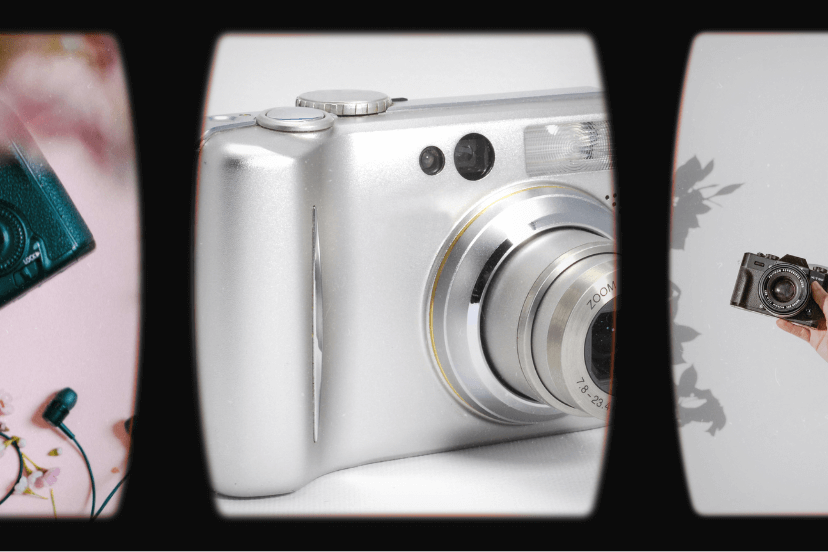
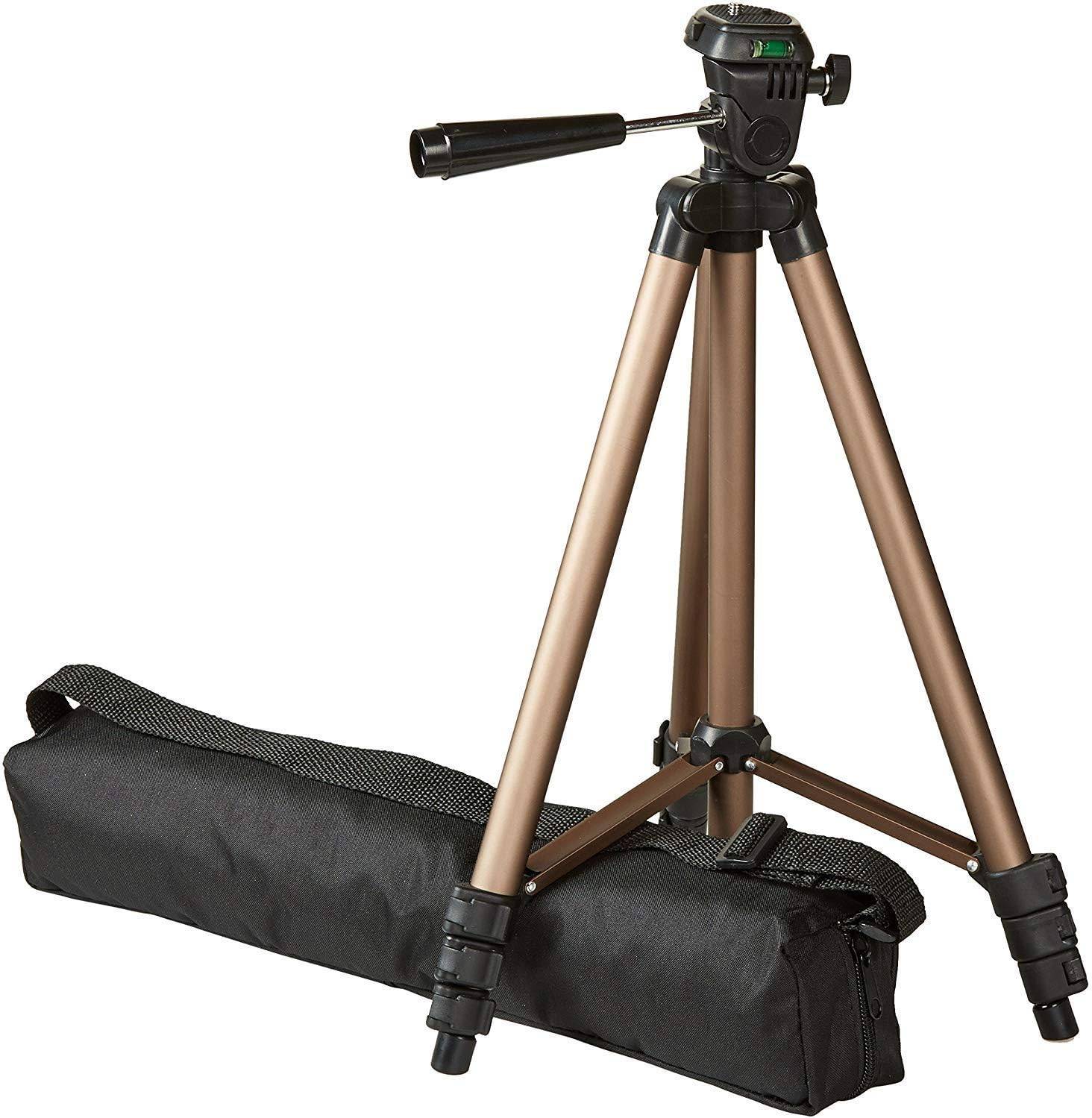
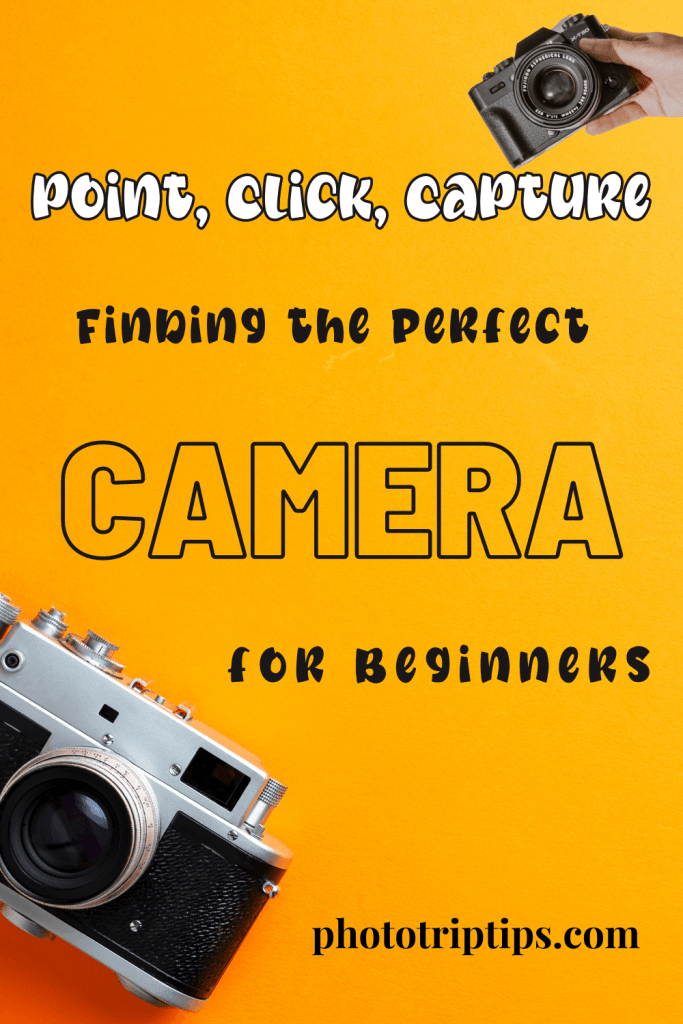

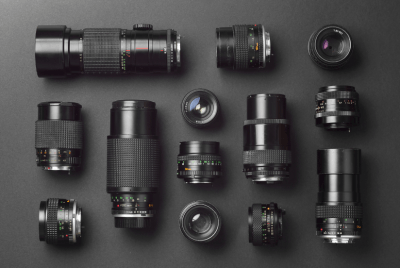
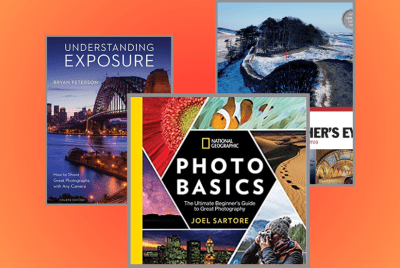
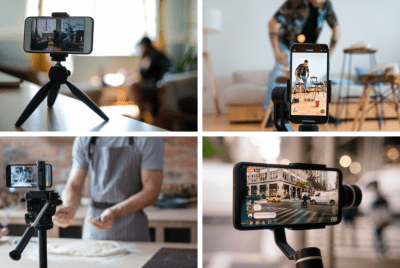

Comments are closed.